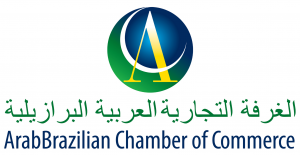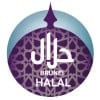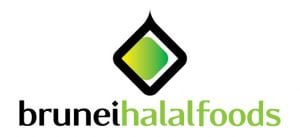 KOREAN promotion agencies are open to using Brunei’s halal certification system as it will help increase awareness about halal in the east Asian country and allow the export of their food products to the Middle East.
KOREAN promotion agencies are open to using Brunei’s halal certification system as it will help increase awareness about halal in the east Asian country and allow the export of their food products to the Middle East.Ki Bong Moon, said the second deputy head of Trade and Investment Unit at the ASEAN-Korea Centre, yesterday said that for Korea to export food products to the Middle East, it needs to get halal certification for the products.
Currently the Korea Agro-Fisheries Trade Corporation (aT), a Korean government agency supporting and promoting Korean food companies and farmers, is working with Malaysian partners to obtain the required halal certifications.
But the sultanate can also provide alternatives with its own halal certification system, he told The Brunei Times on the sidelines of a seminar organised by the ASEAN-Korea centre at the Empire Hotel and Country Club.
“Actually, in order to export Korean food products to the Middle East countries, we need halal certifications (for our products)…(so) Brunei can promote its halal certification business to the Korean society….(and) aT should be able to establish some corporate relations with Bruneian halal companies,” he explained.
“(aT) is cooperating with Malaysian halal-related organisations, but not only Malaysians, they also have alternative options with Bruneians. So Brunei can provide the alternative. So it’s good for the Malaysian partners, Brunei and aT to collaborate on developing awareness about halal because the level of understanding on halal in Korea is still very low.”
He added that “it’s not a matter of competition, it’s a matter of opportunity and potential in the halal business.”
Moon said that ASEAN-Korea Centre will be inviting six food companies from Brunei to participate in two of its biggest food exhibitions.
At the Cheonan Well-Being Food Expo which is scheduled for September this year, two Bruneian companies specialising in food that promotes well-being will be invited to participate.
“For the well-being expo, it is very important to develop awareness on halal certification business or halal-related business because halal food is a kind of healthy food and can be regarded as a well-being food. So during this opportunity, Brunei can promote its system for halal certification, and manufacturing potential focusing on halal products.”
Meanwhile, in November, “our ASEAN-Korea Centre will be participating in the biggest Korean food and beverage exhibition whereby we will install an ASEAN pavilion and invite four food companies from Brunei as participants”.
Choi Byung-Koo, the ambassador of South Korea to Brunei who officiated the opening of the seminar, said in his speech that the “Brunei government has chosen the right policy direction” in the addressing the issues of capacity building in the sultanate.
“This is very important for the future of Brunei. There may be many things to be considered to make the policy successful. In my humble opinion, an important thing is to focus on the selected few areas. You cannot excel in everything. Once the area is identified, practical action is needed. All talks and doing nothing will not make any difference. There is an old saying that a thousand mile starts from one step you are taking now,” said the envoy.
The ‘2013 Seminar on Developing Local Food Products for the Global market’ was aimed at sharing expertise of Korean food industry players with local food companies.
The seminar provided a practical exercise session on content development of Bruneian food, and a consultation session to foster competitiveness of the participating food processors in the global market.
It was also hoped that the seminar, held in collaboration with the Brunei Economic Development Board (BEDB), provided an opportunity for food enterprises to deepen their understanding of the Korean market and further contribute to invigorating trade in the food industry between Brunei and Korea.
The Brunei Times



